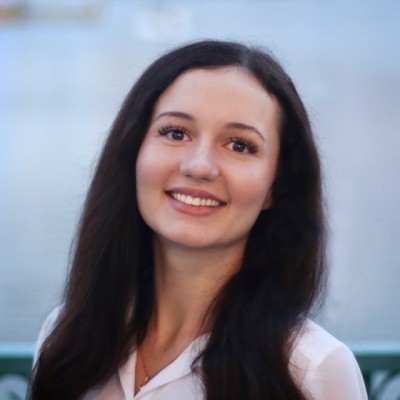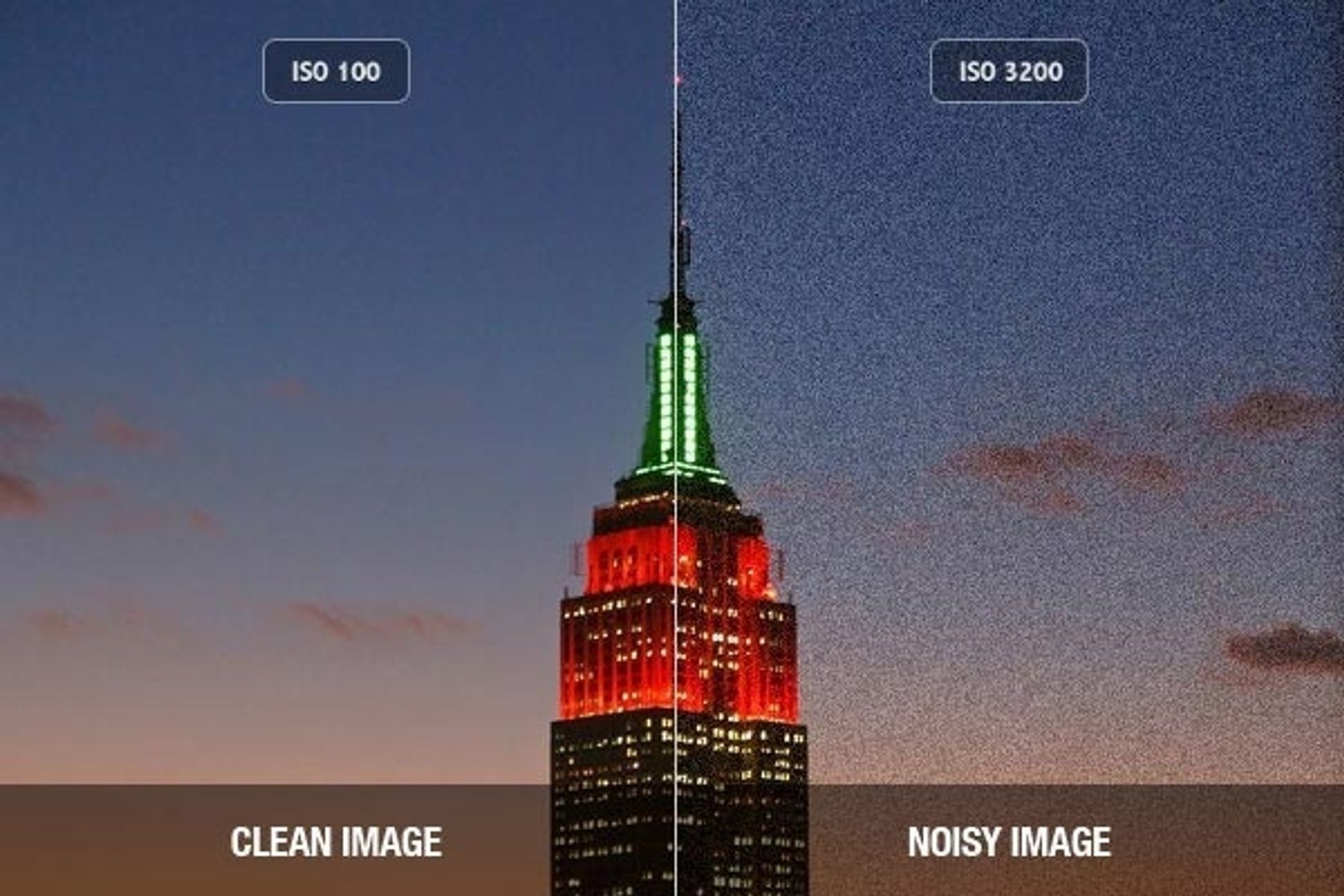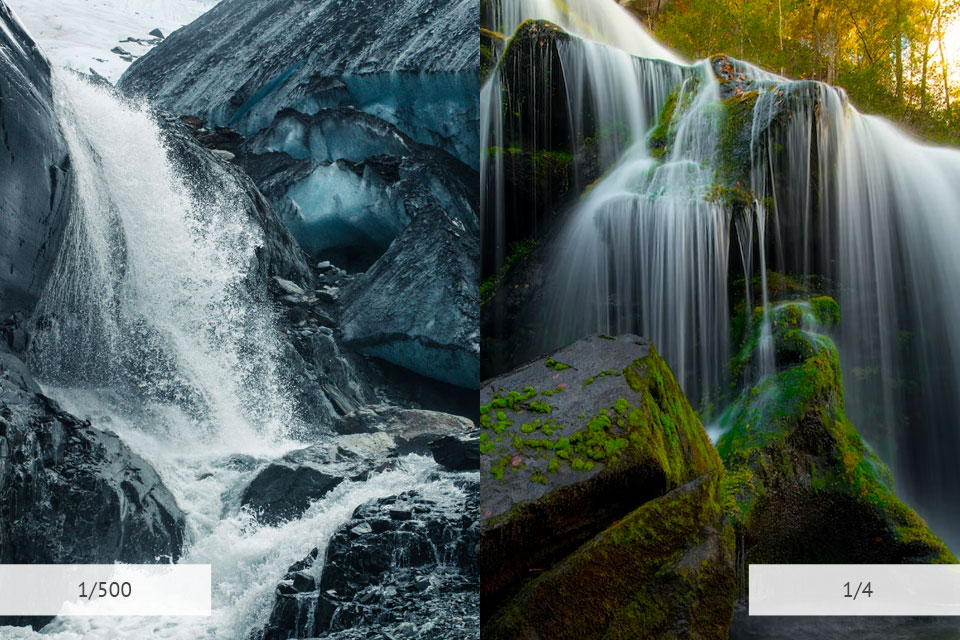April 26, 2024
The Perfect Portrait Photo Formula
The essential equation for photography and AI

Traditional Photography Techniques
For a photo to even be considered viable, it needs to meet the criteria of the exposure triangle: ISO, aperture, and shutter speed.

Let's take a look at examples of each of the three components of the exposure triangle:
ISO
ISO manages the lighting in your photo. A high ISO can help in low lighting situations but may cause graining.

Aperture
Aperture controls the depth of field in your images. A wider aperture (lower f-number) blurs the background, focusing attention on the subject, which is perfect for portraits.
Shutter Speed
Shutter Speed determines how long the camera’s sensor is exposed to light. Faster speeds can freeze action, while slower speeds may introduce blur, adding a sense of motion to your photos.

Combining these elements, our formula for a technically perfect photo looks something like this:
Perfect Photo = ISO + Aperture + Shutter Speed
But if that's all there was to it, wouldn't all photographers produce similar results? Clearly, there's more to it, which brings us to our next ingredient.
Artistic Touch
Beyond settings, photography is profoundly personal. What truly differentiates photographers is their unique vision, style, and artistic touch. It's the personal flair that each photographer brings to a shoot, influenced by their experiences, preferences, and creative instincts. This unique relationship between the photographer and client can make each session distinct and special.
A good photographer also guides you to pose in ways that flatter and feel natural, all while ensuring you feel comfortable, because let’s be honest - this experience can feel quite uncomfortable. The element of "comfortable" can dramatically change how you perceive the final photo because when you feel good, you look good.
With that being said, the perfect formula with our new additions looks like so:
Perfect Photo = ISO + Aperture + Shutter Speed + Artistic Touch + People Skills
But… Can we make the potion even better?
Integrating AI in Photography
Enhancing Photos with AI
Artificial intelligence is not about replacing the photographer’s touch but enhancing it. AI can perfect a photo by correcting minor imperfections, like a sudden blink or an unwanted shadow. Advanced algorithms can also refine color balances and sharpen details, making a good photo great without undermining its authenticity.
Many photo enhancing AI engines (such as one of the pieces of technology underlying PhotoPacks.AI) allow users to modify images by using text. These advanced models are referred to as text-to-image models. These models allow users to use text to specify the subject of the image, the style, the medium, and many other attributes. By incorporating text such as "fast shutter speed", "wide aperture", or "high ISO", many of the attributes from the exposure triangle discussed above can be used to influence the output images.
For AI to work best, it requires high-quality inputs, which means professionally taken photographs are ideal for training AI models. This synergy allows for AI tools to assist photographers by automating routine editing tasks, from exposure corrections to complex object removals, freeing up creative minds for what truly matters: the art of photography.
In essence, the perfect photo formula isn’t just about the right settings on your camera or even the skilled hands of a photographer — it's also about embracing cutting-edge technology to enhance and perfect the captured moments.
Finally, we arrive at the final equation for a perfect portrait, incorporating all of the factors we have discussed in this article:
Perfect Photo = ISO + Aperture + Shutter Speed + Artistic Touch + People Skills + AI

The above image, generated by PhotoPacks.AI, was created by focusing on the subject with a narrow depth of field, as can be seen with the out-of-focus background. The blurry flame particles indicate that the shutter speed was set to the slow setting. Low ISO was used since this is a daytime shot with plenty of light available.
Conclusion
The future of photography lies in a powerful partnership between the artist and the machine. This collaboration doesn't dilute the photographer's role but instead enhances it, pushing the boundaries of what can be achieved in both the capture and post-processing stages. As we continue to integrate AI into our photographic practices, we unlock new potentials, making each photo not just technically perfect but truly captivating.
We invite you to explore the convergence of traditional photography skills and AI enhancement using PhotoPacks.AI. Embrace the future where technology empowers creativity.